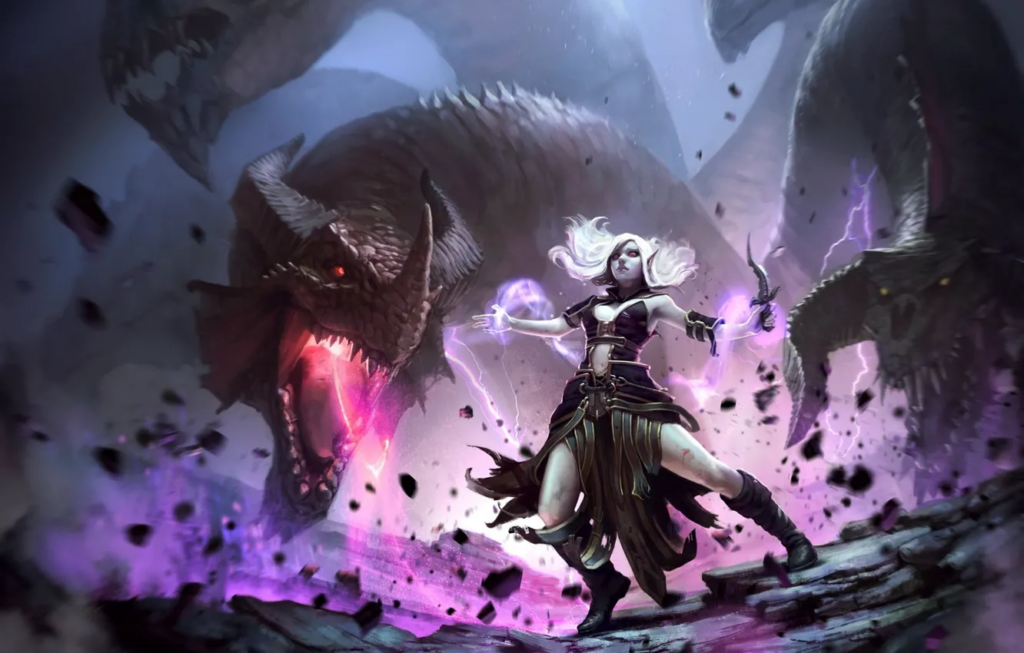Are you a seventh-level editor?
The word “editor” conjures up a wizened little man or woman with a red pencil, finding all the places you wrote “which” when you should have used “that.”
That is so far from what a good developmental editor does, which is to make a manuscript better. A great editor goes further, making a piece of writing awesome even as they make a writer better.
The 7 levels of editor
Dungeons & Dragons introduced the idea of “levels” of characters. You can be a fourth-level cleric or a sixth-level mage.
So why can’t you be a seventh-level editor?
- Level 1. Finds and fixes errors.
- Level 2. Identifies conceptual, structural, consistency, and wording issues as well as errors.
- Level 3. Identifies overused clichés, examples, analogies, and insights and flags them for replacement; also points out which parts of the writing are doing their job in a clever or fascinating way and could be expanded.
- Level 4. Suggests better ways to structure or write parts of the manuscript that are flawed.
- Level 5. Figures out what the manuscript needs to say what the author was trying to say in a clearer way, and how to enable the manuscript to do that.
- Level 6. Psychs out why the writer is having a problem with a passage, and makes suggestions for how to think about the process of writing in a way that unlocks the writer’s potential.
- Level 7. Figures out what the writer and the manuscript could say that’s even more fascinating, creative, or innovative, then creates enthusiasm in the writer for accomplishing a higher level of success with the work.
Attaining Level 7
Want to get to level 7? Here’s how.
Read. A lot. Read everything you can, from fiction to refrigerator manuals to how-to books and blog posts. Ask yourself, what do I like or dislike about this, and why is it working well or poorly?
Never make an edit without a reason. If the reason isn’t obvious, add a comment to explain it.
When you edit, always write an edit memo to the writer to go along with your marked up manuscript. This forces you to reflect on what you have found or suggested to the writer.
Whenever possible, have a conversation with the author about what they wrote and what problems they had. Collaborate to solve those problems.
Edit as wide a variety of writers as possible on as wide a variety of topics as possible. Always be learning.
Two things about Level 7 editors
Seventh-level editors get paid more. A lot more. Because they are not just fixing manuscripts, they are solving author problems and making those authors great.
And seventh-level editors get the best referrals, because their clients are not just happy, but inspired. They also get repeat business, because after an experience like that, why would a writer work with anybody else?

I like this! A nice nutshell explanation.
Your stereotypical editor is actually a which doctor. 😀
When I help an author with a book-length manuscript, I have two goals: Identify the author’s voice, keeping it clear and consistent even when the author doesn’t; and serve the reader’s needs, reducing or eliminating distractions and digressions. when I succeed, the result looks as if it came out that way in the first place. No one sees my fingerprints.
The last book I edited was too long for the publisher’s requirements. I cut it by 15 percent without changing structure or order. Neither the author nor the acquisition editor could tell where I had changed anything. What level is that? 😀